Mara Wilson’s collection of essays, Where Am I Now?: True Stories of Girlhood and Accidental Fame, shows off Wilson’s skills as a storyteller. The former Matilda and Mrs. Doubtfire star is now a playwright and the host of her own storytelling series. With the self-awareness and wit familiar to those who follow Wilson on Twitter (where she came out as bisexual in the wake of the Orlando shooting), she explores her journey from childhood to adulthood in the public eye.
Wilson seems uninterested in the salacious gossip found in tell-all memoirs, but does explore the peculiarities of Hollywood from the inside, from her horror at being pulled into adult conversations as a child—she recalls being asked who she thought the sexiest man at the Golden Globes was by an entertainment show host—to her discomfort with receiving a script for an episode of Picket Fences where a third-grade boy and girl hide in a closet to make out.
In adulthood, she finds herself grappling with what she calls the "Matilda-Whore complex," and the way fans feel ownership over the private life of the actress who played their favorite childhood heroine. In a letter to the beloved Roald Dahl character, Wilson writes, "I loved you. I wanted to be you," then later reflects, "I never thought of how it would change my life or that I might come to resent you."
After being showered with adoration for her cuteness throughout her childhood, Wilson finds herself in the midst of puberty. "Puberty is a completely natural phenomenon. So are earthquakes and hurricanes," Wilson writes. When casting directors can’t figure out what to do with the self-described angsty teen, she starts moving away from acting, focusing her efforts instead on a competitive Glee-like show choir.
Wilson’s childhood and adult existential crises are recounted with dry humor, but the tone shifts to something more poignant in an essay about Robin Williams, or in one about taking care of her sister after her mother’s death. Wilson’s live storytelling background is clear; though her stories are expansive, rarely ending up where one expects, she never loses sight of her audience.
At the beginning of Wilson’s collection, readers are introduced to an anxious but charismatic girl who is fumbling through the adult world around her. By the end, we see Wilson as a (mostly) confident adult who has found her place in a new creative community. Whether you’re curious about where the star of Matilda is now, or you’re just someone who has felt out of place and unsure, Wilson’s journey is relatable and worth reading.
Where Am I Now? True Stories of Girlhood and Accidental Fame is available from Penguin Random House.
Mara Wilson Explores Childhood Stardom and Growing Pains in 'Where Am I Now?'
The out Matilda star's witty essays will resonate with anyone young and a little out of place.
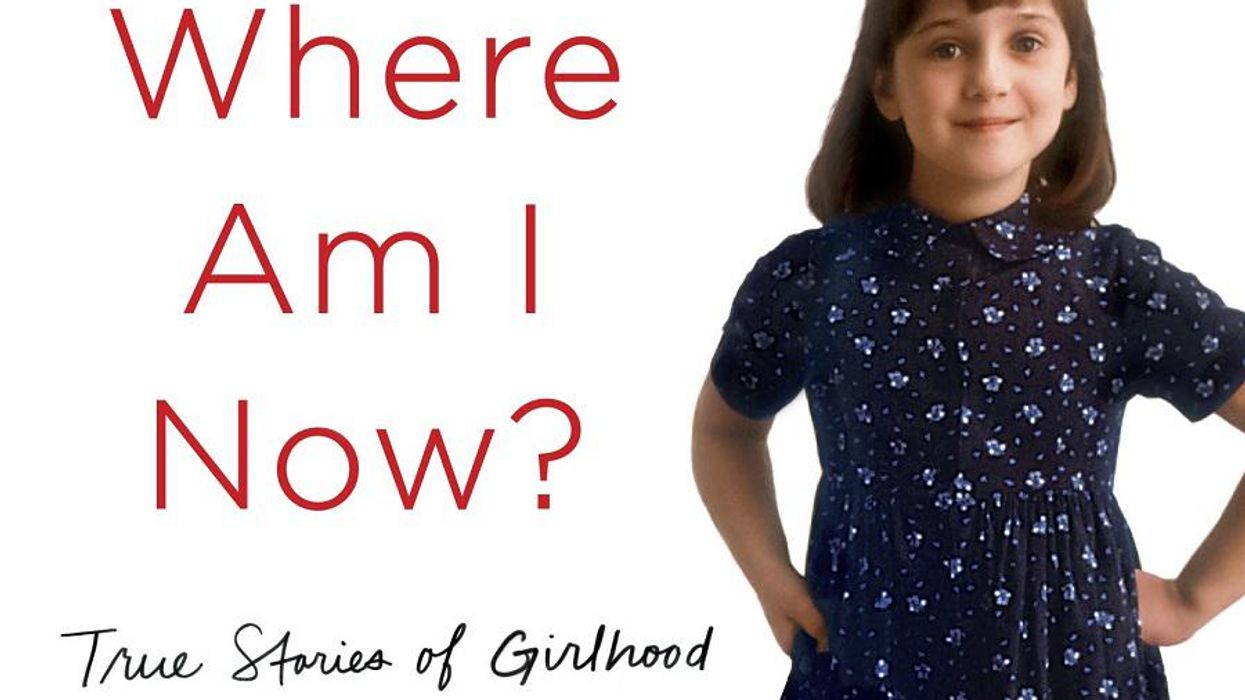








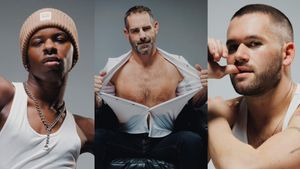








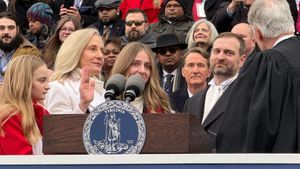


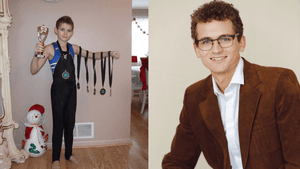


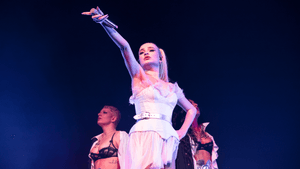










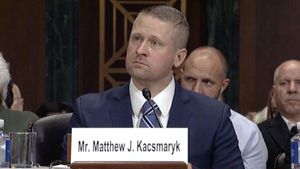












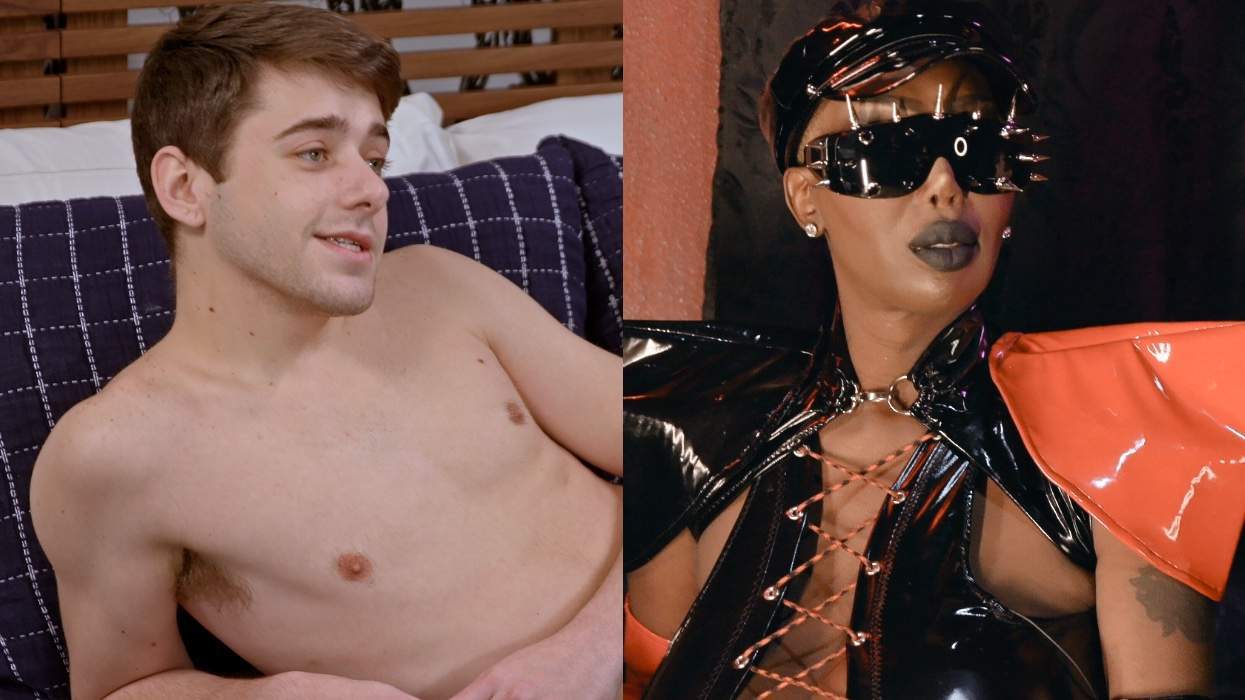










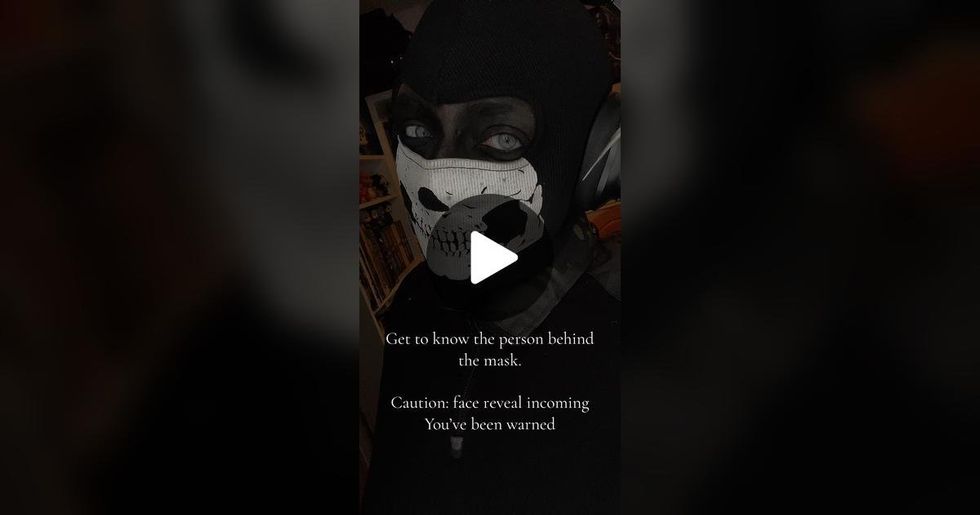 TikTok · Gh0ul
TikTok · Gh0ul